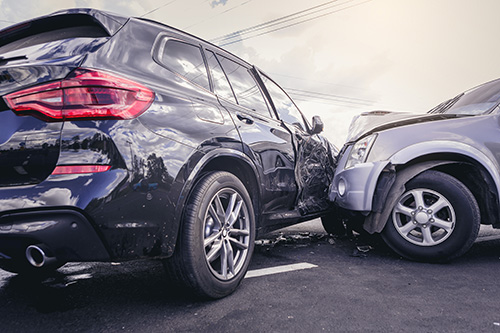Car accidents can be distressing and overwhelming experiences. In the aftermath of a collision, it’s crucial to remain calm and take appropriate steps to protect yourself legally and ensure your well-being. This comprehensive guide will outline the essential actions to take immediately following a car accident from a legal perspective. By understanding these steps, you can safeguard your rights and navigate the aftermath of the accident more effectively.
Disclaimer: NOTE, we are not attorneys, if you have been involved in an accident and are located around the Marin County, California region please use our database to locate an injury attorney to assist you.
- Prioritize Safety:
- The first and most critical step after a car accident is to ensure the safety of yourself, your passengers, and others involved.
- If possible, move to a safe location away from oncoming traffic. Turn on hazard lights and use flares or reflective triangles to alert other drivers.
- Check for injuries and seek medical assistance for anyone who is hurt. Call 911 if emergency medical attention is required.
- Contact Law Enforcement:
- Exchange Information:
- Document the Scene:
- Notify Your Insurance Company:
- Seek Medical Evaluation:
- Preserve Evidence:
- Consult with a Legal Professional:
In most jurisdictions, it’s mandatory to report car accidents to law enforcement, especially if there are injuries, significant property damage, or fatalities.
Call the police and wait for them to arrive at the scene. Cooperate with the responding officers and provide accurate information about the accident.
Exchange contact and insurance information with the other parties involved in the accident, including drivers, passengers, and witnesses.
Record the names, addresses, phone numbers, license plate numbers, and insurance policy details of all parties.
Avoid discussing fault or admitting guilt at the scene of the accident. Stick to factual information when interacting with others.
Take photographs of the accident scene, including the vehicles involved, damage to property, skid marks, traffic signs, and any visible injuries.
Make detailed notes about the circumstances surrounding the accident, such as the date, time, weather conditions, and road hazards.
If there are witnesses present, ask for their contact information and statements regarding what they observed.
Report the accident to your insurance company as soon as possible, even if you were not at fault.
Provide your insurer with accurate details of the accident and cooperate with their investigation.
Be cautious when speaking with insurance adjusters and avoid accepting blame or making statements that could be used against you later.
Even if you don’t feel seriously injured, it’s crucial to seek medical evaluation after a car accident.
Some injuries may not be immediately apparent, and delaying medical treatment could worsen your condition.
Keep records of all medical appointments, diagnoses, treatments, and expenses related to the accident.
Preserve any physical evidence related to the accident, such as damaged vehicle parts, clothing, or personal belongings.
Retain copies of medical reports, police reports, witness statements, and any correspondence with insurance companies or legal representatives.
Refrain from repairing or disposing of your vehicle until it has been thoroughly inspected by your insurance company or legal counsel.
If you’re unsure about your rights or responsibilities following a car accident, consider seeking guidance from a qualified legal professional.
An experienced personal injury attorney can provide valuable advice, represent your interests, and help you pursue compensation for damages, medical expenses, and lost wages.
Be cautious of accepting settlement offers from insurance companies without consulting a lawyer, as they may undervalue your claim.
Being involved in a car accident can be a traumatic experience, but knowing what steps to take in the immediate aftermath can make a significant difference in protecting your legal rights and obtaining fair compensation for your losses. By following this step-by-step legal guide, you can navigate the complexities of the post-accident process with greater confidence and peace of mind. Remember to prioritize safety, document the scene, notify authorities and insurance companies, seek medical evaluation, preserve evidence, and consider consulting with a legal professional to ensure your interests are safeguarded.

